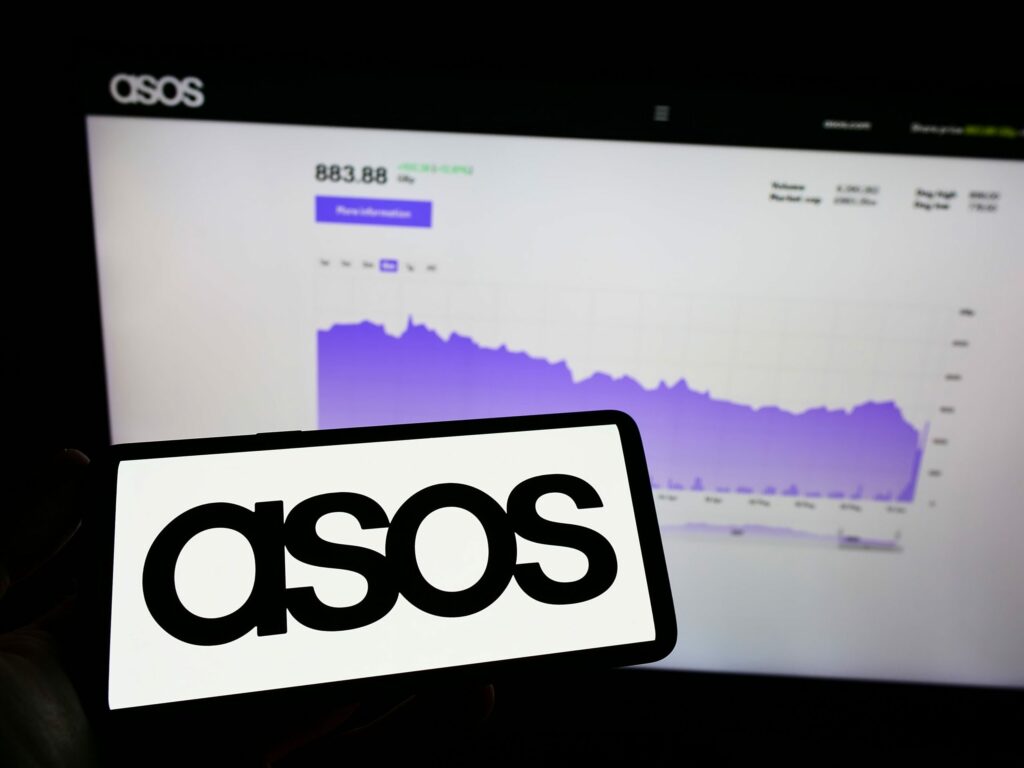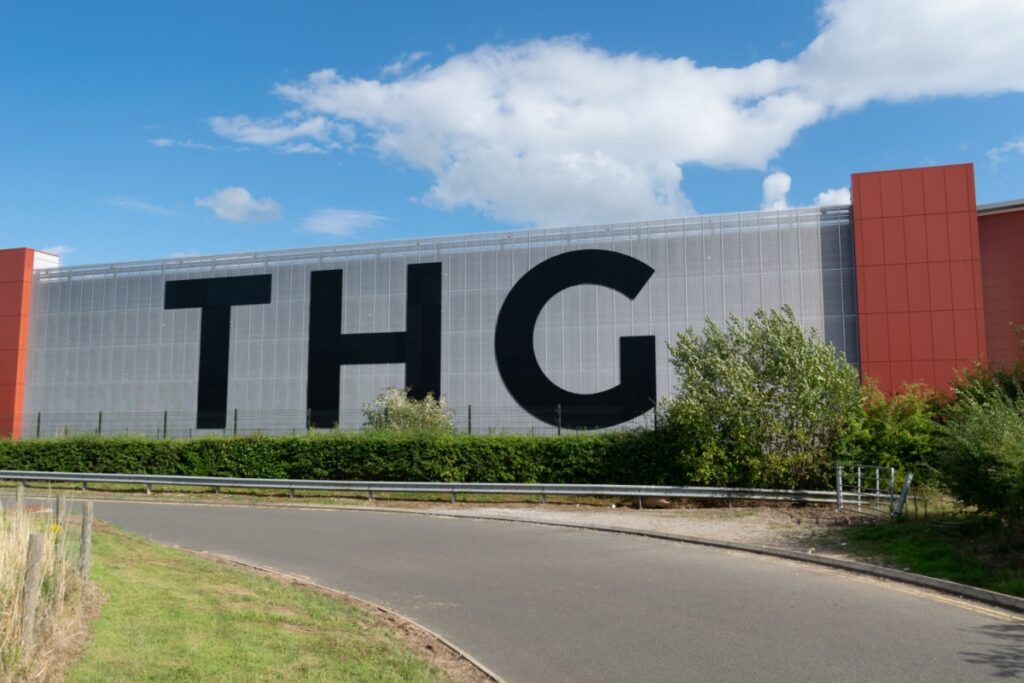Between 2000 and 2005, a total of six Sephora stores opened up in the UK, the first of which opened in Bluewater, Kent.
However, the world-renowned beauty retailer ultimately shuttered its UK estate by the end of May in 2005.
Although it was rumoured in 2019 that Sephora would be opening a store in Westfield London shopping centre – the rumours turned out to be just that as the idea never materialised.
Back in 2014, British fans were able to get their hands on Sephora goods as the company announced it added an option for UK shipping to its website. But Sephora stopped shipping to the UK in 2018 as new GDPR rules were implemented.
Fast forward to this year, and it looks like Sephora might finally have a proper (and yet another) crack at the UK market. It recently signed an agreement to purchase British online beauty retailer Feelunique.
This transaction, which values Feelunique at £132 million, is subject to clearance by anti-trust authorities and is expected to be closed in the coming months.

Although Sephora launched in 1970 in France, Mary Curran-Hacket, in her book The Sephora Story, writes that the retailer was actually the name of a chain stores owned and operated by Boots. Indeed, during one of Boots’ expansion periods, it purchased a chain of cosmetic stores and named it Sephora in 1970.
However, there is absolutely no mention of this on the Boots website and there is no history of an owner of this chain prior to 1970. In 1993, Sephora’s current owner Dominique Mandonnaud, through his investor, purchased Sephora from Boots for the equivalent of £44 million.
At the time, Boots owned a total of 38 Sephora-branded chain stores in the Paris area. The Sephora chains under Boots control in France ran their stores like they did in Boots UK stores, offering high-end luxury items alongside mass market goods.
In 1997, Sephora was sold to French luxury conglomerate LVMH, which expanded the stores globally and the chain also included beauty and cosmetic products. The Sephora franchise was subsequently branched out online to reach consumers in 34 countries across Europe, the Americas, Middle East and Asia.

Mandonnaud is credited for designing and executing Sephora’s “assisted self-service” sales experience, which separated itself from standard retail models for cosmetics by encouraging customers to test products in-store before purchasing.
Prior to the Covid-19 pandemic, this experience-based sales technique had arguably driven Sephora’s success.
The UK’s beauty industry is worth a whopping £27 billion as of 2020, according to comparison platform Finder. The UK is also among the three leading cosmetic consumers in Western Europe, behind France and Germany, Statista reported last year.
The cosmetics boom in the UK started in 2017, when the sector’s market value reached a staggering £9.8 billion. Its market value has since remained above £9 billion.
The UK’s beauty retail market is currently dominated by two high street competitors, Boots and Superdrug. Both are widespread and popular, offering loyalty schemes and advantage cards in the health and beauty battle for returning customers.
Sephora president and chief executive, Martin Brok said the Feelunique purchase was “a key step in Sephora’s European growth strategy and marks a first step for Sephora’s presence into the UK”.
“UK consumers have a strong appetite for a carefully curated Prestige Beauty offer that is tailored to their needs, and provided through a consumer-centric, seamless experience,” he said.
Feelunique chief executive Sarah Miles told Retail Gazette that the company was looking forward to working together and “leverage our respective strengths to drive the Prestige beauty segment in the UK”.
Simon Dale, account director at digital agency Organic, said the purchase of Feelunique by Sephora did raise some questions.
“We may potentially see a migration of Feelunique to Sephora, or the running of both together,” he said.
“We may potentially see a migration of Feelunique to Sephora, or the running of both together”
“Both have their advantages and potentially different audiences. In any case, Feelunique should expect some change in targeting/range and performance.”
Meanwhile, Melissa Minkow, retail industry lead at digital consultancy CI&T, expects the deal to add “status and strength” to the Feelunique brand.
“The Sephora brand brings with it high consumer expectations, so as long as the Feelunique brand evolves and updates to reflect this transaction, Feelunique’s positioning will be elevated,” she said.
Minkow added that Sephora was smart to leverage an existing brand with a strong reputation versus trading on their own in the UK.
“The UK beauty market is quite saturated as is, and is largely dominated by heritage retailers. As a mid-priced retailer, Sephora would face the same challenges other mid-priced retailers have been facing,” she argued.
“The most strategic way to enter the UK market would be to add some of the missing brands to the Feelunique platform that the US Sephora platform carries, since Sephora has such a strong presence in the US, and UK shoppers are very aware of that.”
Although the UK’s beauty market is saturated, Sephora can capitalise on the high number of consumers.
Dale said there was clearly a lot of competition for the manufacturers, but this was an opportunity for a massive reseller like Sephora to come into the market and make a huge impact.
Minkow argued that although established retailers such as Mac and Boots have a strong hold on the UK beauty market, they should feel threatened by Sephora’s arrival.
“UK shoppers have long hoped for and awaited Sephora’s presence, so this deal will draw big business for Feelunique,” she told Retail Gazette.
“Sephora is one of the most innovative retailers in the industry. This entrance into the UK market will push previous UK giants to modernise their business models.”
Click here to sign up to Retail Gazette‘s free daily email newsletter


















